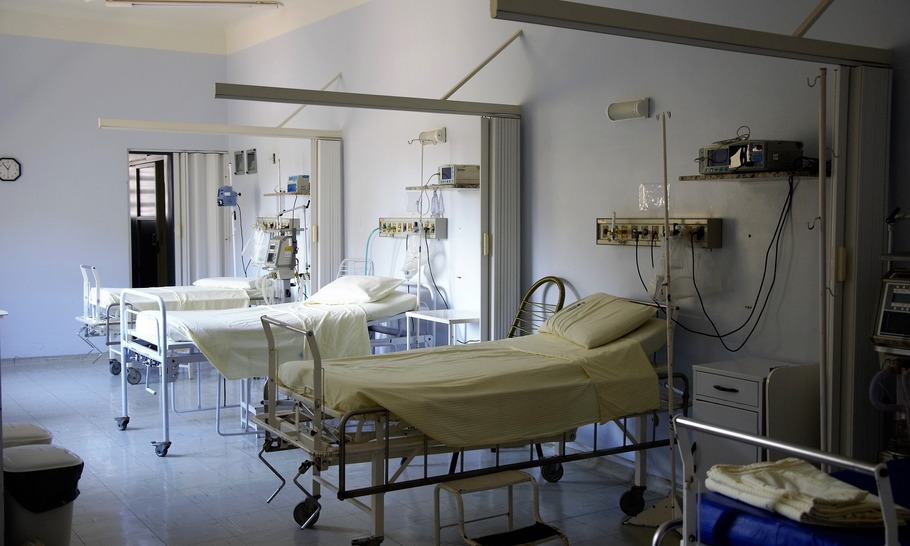An alternative Budget for the NHS

When the Chancellor stands before the Commons on Monday to deliver his budget statement, we can be sure of one thing. Like all his predecessors of the past seventy years, Phillip Hammond will not announce anything that could conceivably be construed as an assault on the NHS and its fundamental principle of ‘free healthcare for all’. He will instead promise vast sums of extra funding – in June the prime minister sought to outbid the Opposition by promising an additional £20 billion every year – and raise taxes to pay for it.
But if it had the political will and imagination, our present Government could quite easily find ways of reconciling two conflicting priorities: respecting the NHS and, on the other hand, reducing its massive cost, which currently stands at £125 billion every year. Such a reconciliation is becoming all the more pressing as our society continues to age and grow, and as drugs become more expensive.
So let’s imagine a budget statement that does not slaughter this sacred cow but slims it down – giving it a dose of its own medicine – without playing into the Opposition’s hands. Here, ranked in order of controversy, are some of the measures of an alternative budget.
Perhaps the least controversial measure, and one that should attract cross-party support, would be to fine patients who fail to show up for appointments with GPs or other NHS staff. Such no-shows are endemic in the NHS, wasting around 13 million GP appointments and 6 million practice nurse appointments every year and costing the service huge sums in wasted resources. Introducing a fine would be fair and make simple common sense, applying the same standards to the NHS that we abide to in our everyday lives. Such a measure has, for that reason, been supported, according to opinion polls, by a big majority of the general public and by more than half of the country’s GPs.
Much more contentious would be to charge patients for appointments with their GPs and with hospital A&E departments where some people would turn to avoid any such payment. But the Government would make such a policy far more politically palatable if it means-tested these charges, which could affect only individuals who fall within the highest tax bracket. Those who earn over £150,000, the Government could announce, would have to pay something for their GP appointment, even if such a charge as meagre as £5. This much more limited measure would wrong-foot and silence the Opposition, which of course would not want to risk being seen as a friend and ally of the nation’s super rich.
Besides targeting the highly affluent, who can afford to pay for their health care in the same way that we all pay for everything else- our own food, clothes and dental care, for example – the Government could address the demands imposed on our health service by ‘foreign’ residents. Last month Mrs May announced plans to crack down on foreign buyers of British property, levelling higher rates of stamp duty to do so, and there is no reason why similar such measures cannot be introduced to prevent or curb, for example, ‘health tourism’ by overseas visitors who make ‘coincidental’ good use of our resources. One measure would be to demand that all foreign visitors prove that they could be compulsory health insurance before they arrive in this country.
A final measure would be to reintroduce full tax relief on private health insurance schemes. Originally introduced in 1990 but abolished seven years later by the Labour Government, such a measure would face the ire of left-wingers who argue that the private sector drains the best health care professionals away from the NHS. But the Government could sidestep such accusations by introducing a trial scheme, monitoring the number of patients and doctors to assess the impact of these private schemes.
In the short term, these very limited measures would help the NHS stay financially afloat. In the longer run, the measures will challenge and erode, but not break, the principle of free health care for all, stimulating interest in alternatives to a nationalised health service and rendering such alternatives more palatable to the general public. It is of course in everyone’s interest that they have a health service that works for them – not a vastly expensive, inefficient and unmanageably behemothic cash cow. And most of us know and accept that, in its current form, the NHS is simply unworkable and in urgent need of radical overhaul.
Provided they are properly marketed to the general public, such measures would also be in the interests of the Conservative Party. They would show that the Government is thinking innovatively and creatively about the shared challenges that confront us, instead of simply signing cheques in the same empty and futile manner as its opponents, past and present. This would be a ‘Creative Conservatism’ that would highlight the inadequacies and limitations of the Opposition.





